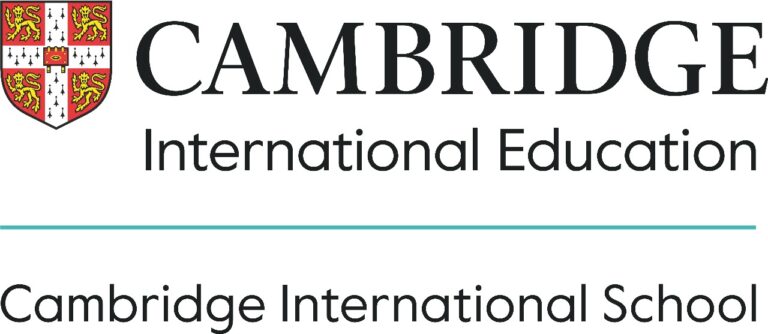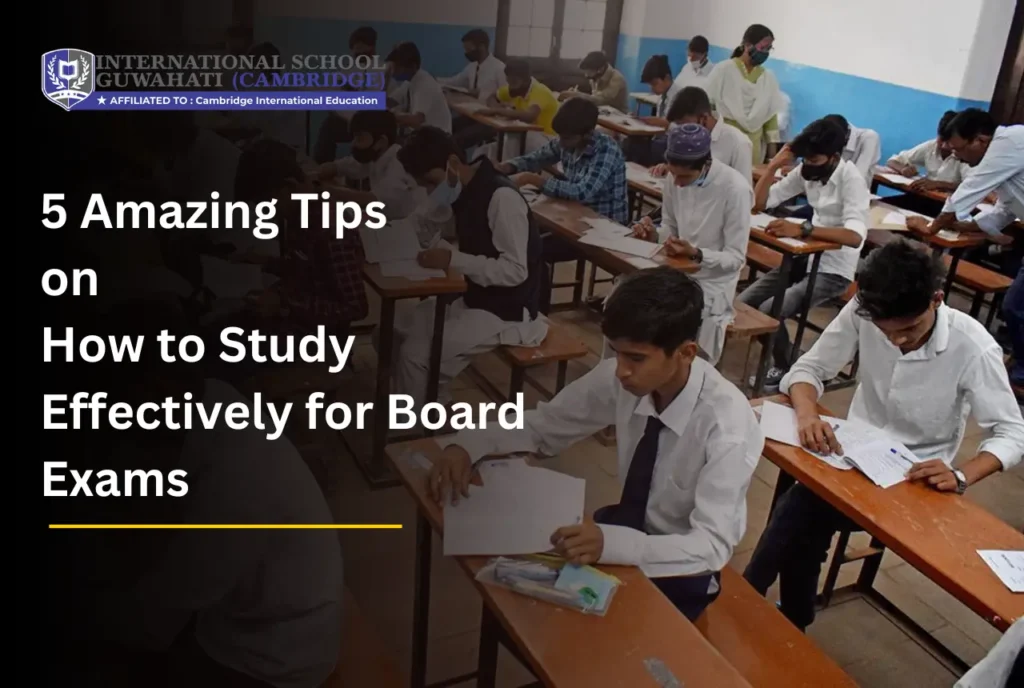![]()
It is true that students experience tremendous stress during board exams due to the immense expectation to perform well. However, developing good study habits can be critical to succeed in these tests. In this blog post, we’ll provide you with a road map for studying efficiently, so you may approach these tests with confidence and handle them like an expert.
Let’s look into why these exams are so stressful. It’s because they demand a significant level of concentration, dedication, and effort. But don’t worry – by to be honest developing the correct strategy, setting reasonable goals, and remaining prepared, you can reduce stress and boost your chances of success.
Hold tight! You’re about to learn some useful strategies for improving your study strategy and achieving higher outcomes without undue stress.
Tips on How to Study Effectively for Board Exams
Understanding the Board Exams

The Indian board exams are important steps that lead to a big academic stage. They test how much you know about your studies and lead to higher education. The most common Indian boards that give these tests are CBSE and ISCE. There are boards that stress application-based questions and boards that stress memory. This is why you need to know how your board’s exams are set up.
Knowing what’s on the syllabus helps you plan your study approach effectively. Some of the Indian exams you need to know are:
Central Board of Secondary Education
The CBSE board was initially established for the children of central government employees to ensure continuity in their education despite frequent transfers. It operates in thousands of schools across India, including Kendriya Vidyalaya schools and numerous private institutions, following NCERT textbooks. Additionally, over a hundred schools outside India are affiliated with CBSE to serve the Indian community abroad.
Indian Certificate of Secondary Education
ICSE is another Indian education board. India has thousands of ICSE-affiliated private schools. They have their own academic year course structure and syllabus. ICSE holds 10th and 12th class board exams like CBSE.
State Boards
The third category of Indian school education is state-level boards, after CBSE and ICSE. All Indian states have state boards that set school curriculum, syllabus, and course content. The state runs these schools to educate pupils.
Distinct states have distinct school exams. Some states have 8th, 10th, and 12th board exams, whereas others have 5th, 8th, 10th, and 12th. India has a 33% passing rate.
Planning and Time Management for Exams

Like constructing a sturdy foundation, it is essential to establish a study schedule before tests. Giving oneself enough time to absorb and comprehend the content is just as important as avoiding last-minute cramming. To study more effectively and with less anxiety, try dividing your study sessions into smaller, more manageable portions spread out over a few weeks or months.
Some of the different time management techniques that will help you study effectively:
- The Pomodoro method: The Pomodoro method says to study for 25 minutes and then take a short break. Do this cycle four times, taking longer breaks between each one.
- Eisenhower Matrix: Sort jobs into four groups based on how important and how quickly they need to be done: urgent and important, important but not urgent, urgent but not important, and neither urgent nor important.
- Method of stopping time: Set aside specific amounts of time for each job or subject. This will help you pay attention without being interrupted.
- Chunking: To avoid feeling overwhelmed and to get more done, break up big jobs or study material into smaller, easier-to-handle pieces.
- Setting Goals: For each study session or day, make sure your goals are clear and attainable. This will help you stay on track and give you direction.
Some tips for creating a realistic and achievable study schedule considering breaks and leisure time are as follows:
- Plan ahead: Set up study times that work with your other obligations, like work, school, and other interests.
- Keep the balance Work and Rest: Take breaks and enjoy your free time to keep your mind healthy and avoid getting burned out.
- Be Realistic: Set study goals that you can reach each time, taking into account the amount of time you have and how hard the subject is.
- Include Variety: To keep your plan interesting and useful, use a variety of study methods and topics.
- Flexibility: Make sure your schedule has room for changes in case something unexpected comes up or your goals shift.
Effective exam preparation requires prioritizing subjects and organizing study time by difficulty and weightage. Focusing on difficult or weighted issues increases your chances of success.
This method optimizes your study efforts by focusing your time and energy where it matters most. Early work on difficult topics gives you more time to ask questions and improve your understanding and confidence before the exam.
Effective Note-Taking Techniques

Having clear and concise notes is like having a condensed version of your study material at your fingertips. They’re crucial for efficient revision because they help you quickly grasp the key concepts and information, saving you time and effort.
There are various note-taking methods you can choose from, depending on your preferences and learning style. For instance, the Cornell Method is great for organizing your notes into sections for main points, cues, and summaries, making it easier to review and recall information.
On the other hand, Mind Maps visually represent connections between ideas, which can be particularly helpful for visual learners and those who prefer a more creative approach to note-taking.
When taking notes, it’s essential to identify key points by focusing on the main ideas and supporting details. Paraphrasing information in your own words not only helps with comprehension but also aids in memory retention.
Additionally, incorporating visual aids like diagrams or charts can provide a deeper understanding of complex concepts and make your notes more engaging and memorable. These strategies combined can help you take more effective notes and make the most out of your study sessions.
Active Learning and Concentration Tips

Prioritize active learning over passive reading and memorization. SQ3R (Survey, Question, Read, Recite, Review) helps you actively engage with information. This strategy encourages critical thinking and comprehension by examining the material, formulating questions, active reading, recalling significant parts, and reviewing the topic. This proactive approach improves comprehension and retention.
To improve concentration while studying, minimize distractions by turning off notifications, and finding a quiet study space. Create a dedicated study area free from clutter and other potential distractions. Break study sessions into manageable chunks, taking short breaks to recharge and maintain focus.
Incorporating regular exercise, adequate sleep, and healthy eating habits also support sustained concentration levels. By implementing these strategies, you can optimize your study environment and enhance your ability to concentrate effectively.
Techniques for Exam Revision

Revising concepts throughout learning is essential. This method improves retention and comprehension by stretching out study sessions. Various revision techniques can aid in exam preparation, including practice tests, flashcards, and group discussions. These methods promote active engagement with the material, helping to solidify knowledge and identify areas for improvement.
Self-testing and mock tests help identify weaknesses and improve time management. Practicing test settings lets you measure your preparation, find knowledge gaps, and improve your question-answering skills.
Effective Memorization Methods
Memorization is essential for board test preparation. Mnemonics, the method of loci (palace technique), and spaced repetition applications like Anki help improve memory.
Long-term memory and application require active learning and understanding. Combining memorization with critical thinking and comprehension builds a solid basis for grasping complicated subjects and solving difficulties.
Final Words
Finally, active study, revision, and memory can improve exam preparation. Students can increase comprehension, memory, and exam performance by actively interacting with the subject, reducing distractions, and using multiple study strategies.
Academic achievement depends on incorporating these tactics into study regimens and boosting self-confidence. Helping students manage their learning and stressing ongoing progress can boost academic confidence and success.










